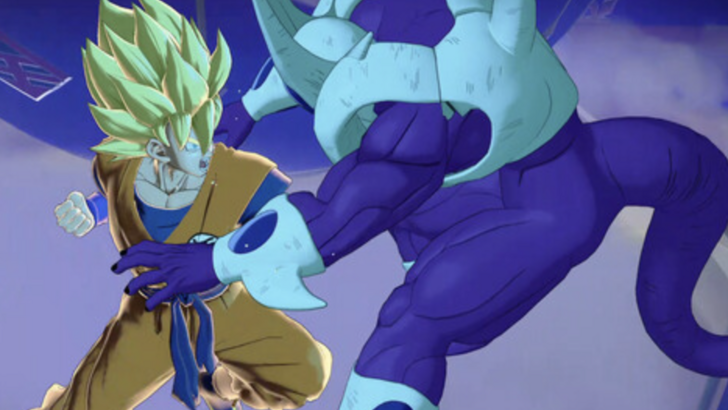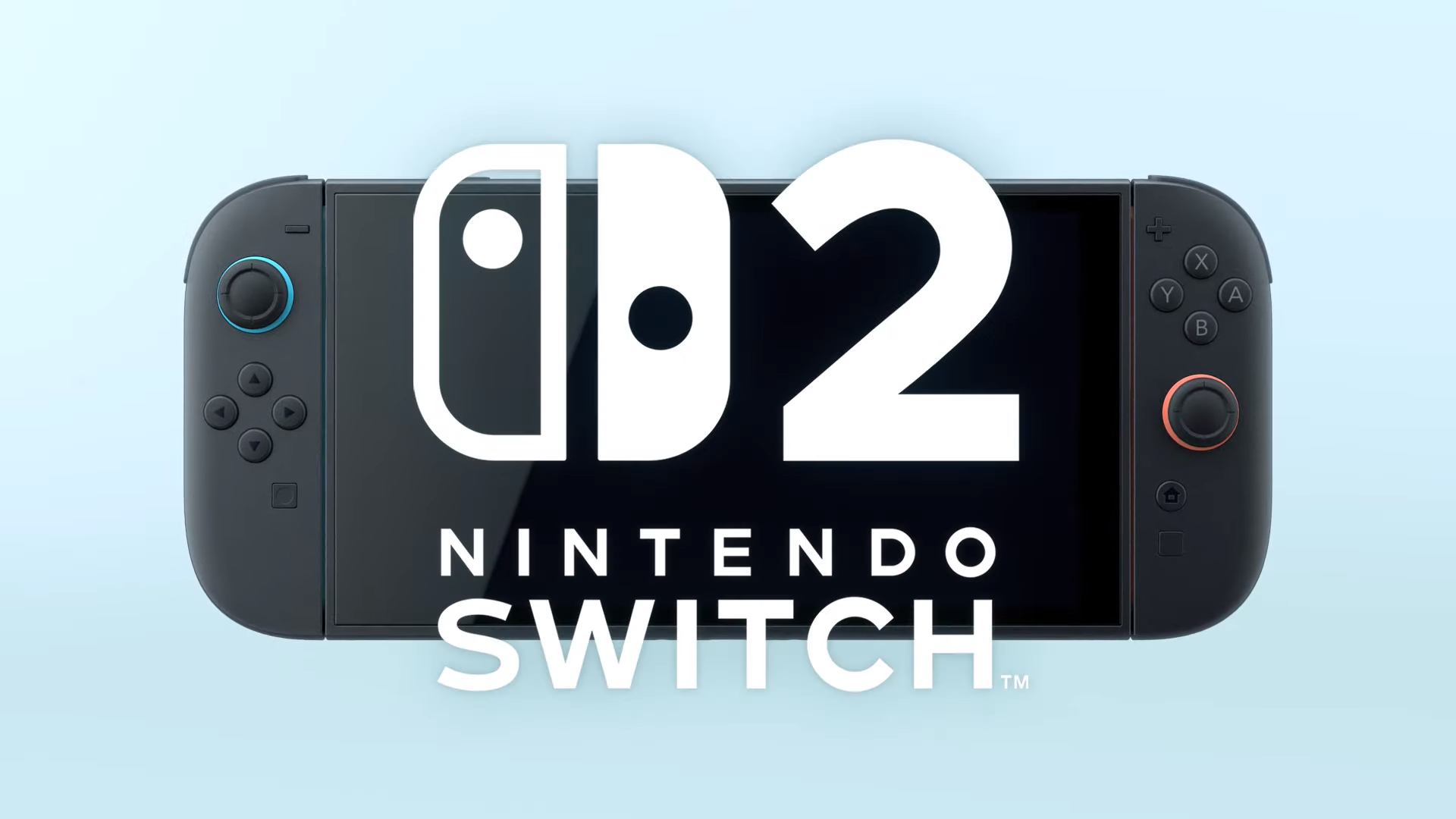Elden Ring Player Sues For Content Being Inaccessible Due to Skill Issues
- By Jacob
- Jan 23,2025
An Elden Ring player, Nora Kisaragi, has filed a lawsuit against Bandai Namco and FromSoftware in Massachusetts small claims court. Kisaragi alleges that the developers deceptively concealed substantial game content by making the game excessively difficult, effectively hiding a "whole new game" within. This claim stems from Kisaragi's belief that FromSoftware intentionally obscures content through its notoriously challenging gameplay.
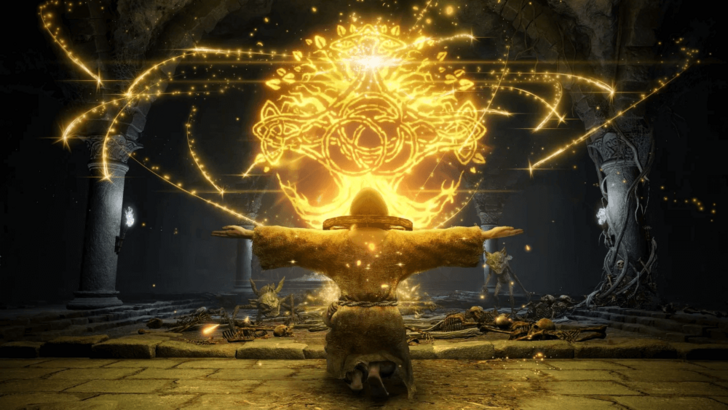
Kisaragi's argument rests on purported "constant hints" from developers, citing examples like Sekiro's art book and statements by FromSoftware President Hidetaka Miyazaki. However, the plaintiff lacks concrete evidence, relying instead on interpretation of these hints. The lawsuit's central contention is that players paid for inaccessible content without knowledge of its existence.
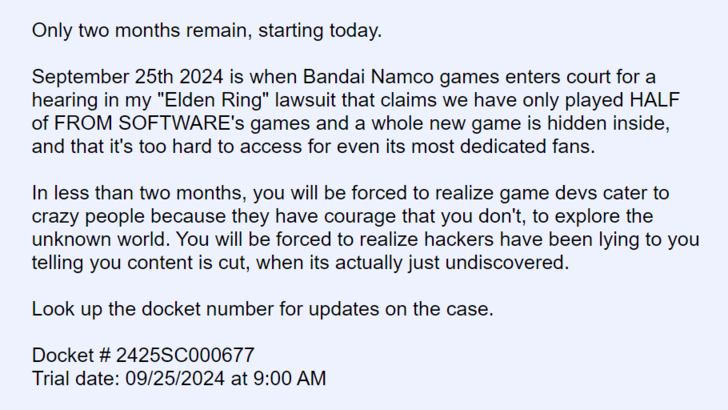
The lawsuit's viability is highly questionable. Even if hidden content existed, dataminers would likely have discovered it. The presence of cut content in game code is common industry practice, not necessarily indicative of intentional deception. While Massachusetts small claims court allows individuals 18 and older to sue without an attorney, the judge will assess the case's merit. Kisaragi's claim might fall under "Consumer Protection Law," but proving deceptive practices and resulting consumer harm will be extremely difficult without substantial evidence. The potential damages awarded are also limited in small claims court.
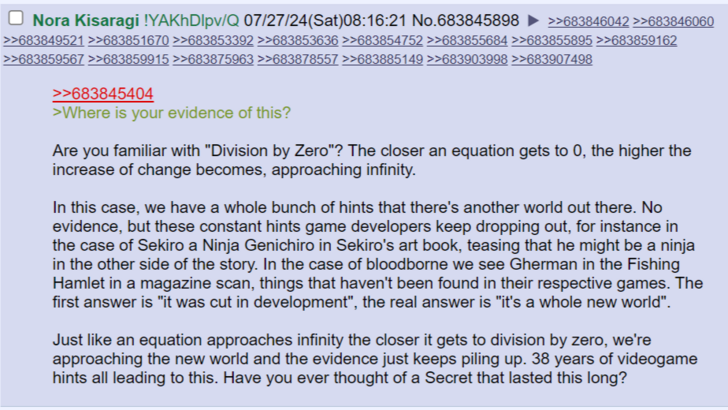
Despite the low probability of success, Kisaragi's primary goal appears to be forcing Bandai Namco to publicly acknowledge the existence of a "hidden dimension," regardless of the lawsuit's outcome.
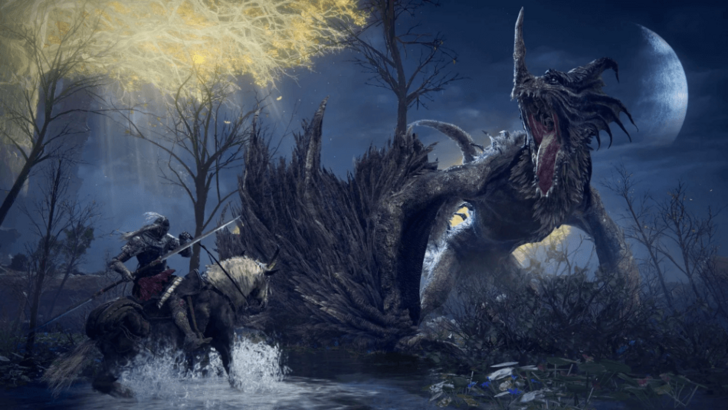
The case highlights the unusual intersection of gaming culture and legal action, raising questions about the interpretation of game design and the boundaries of consumer protection laws in the context of video games.
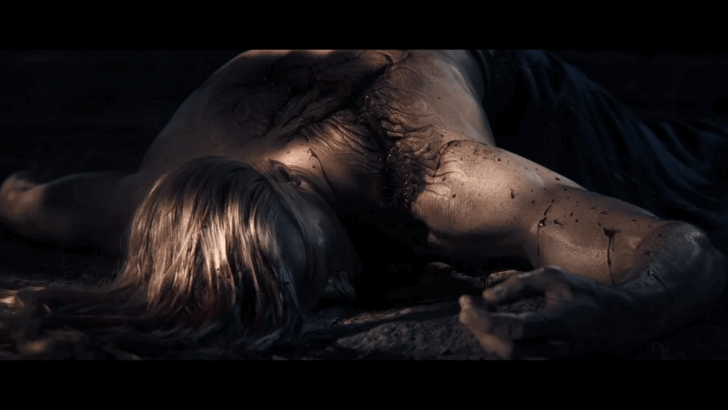
Latest News
more >-

- Top Retailers for Nintendo Switch 2 Pre-Orders
- Jan 04,2026
-

- Pikmin Bloom Adds Day of the Dead Event
- Jan 03,2026
-
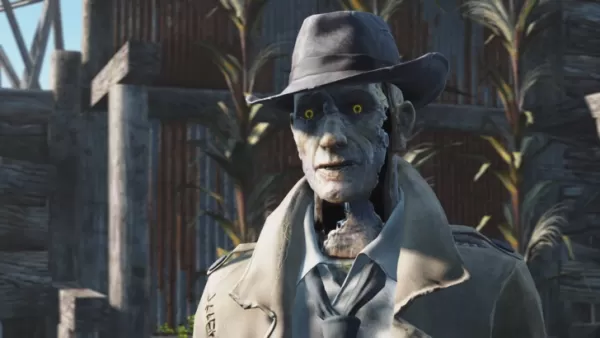
-
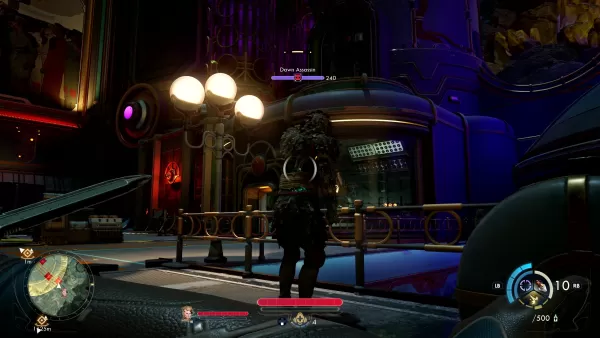
-

- Monopoly GO Strategy for Jan. 5, 2025
- Jan 02,2026

